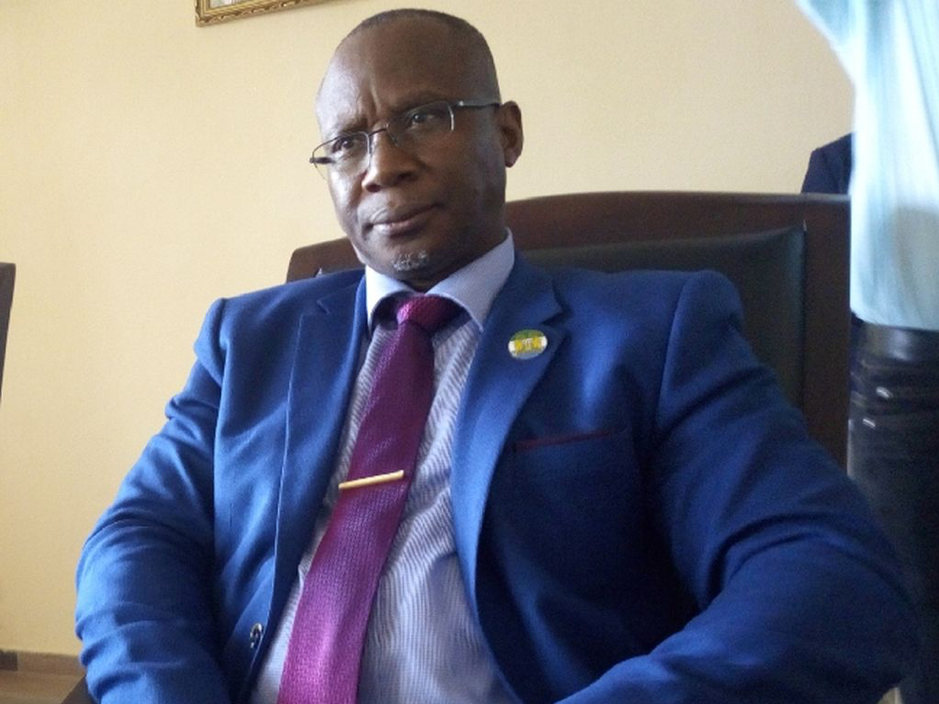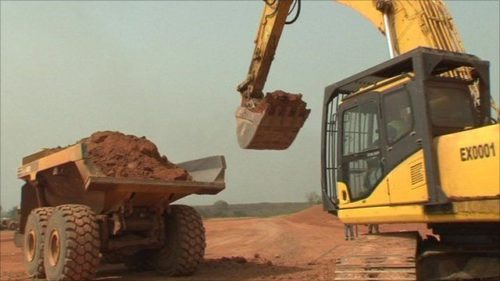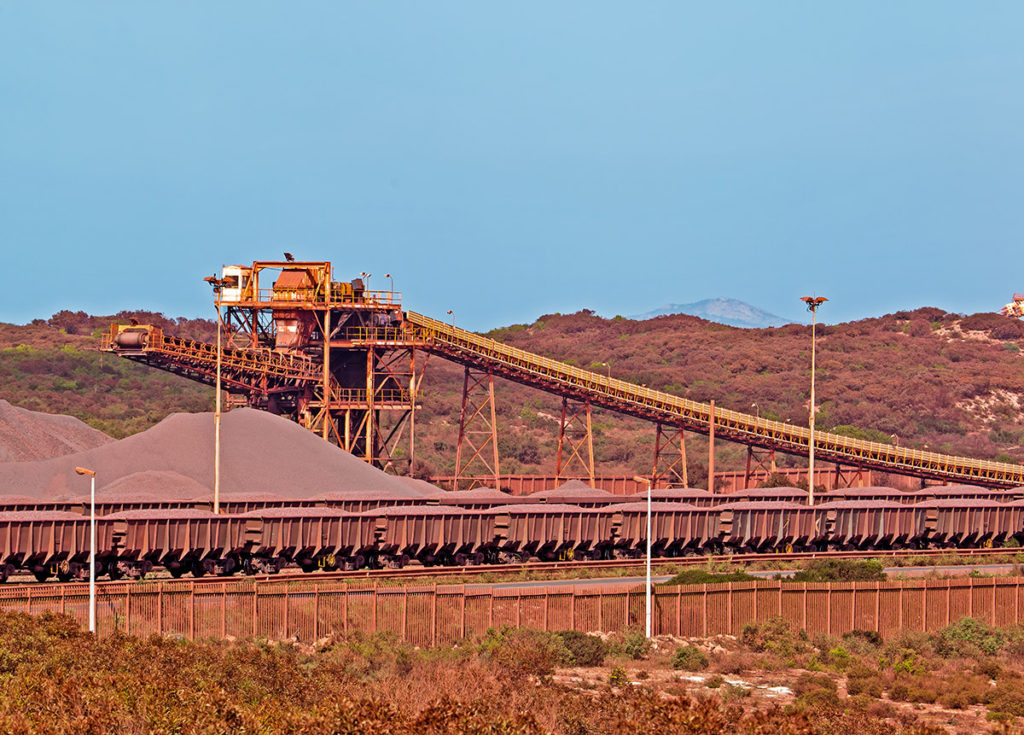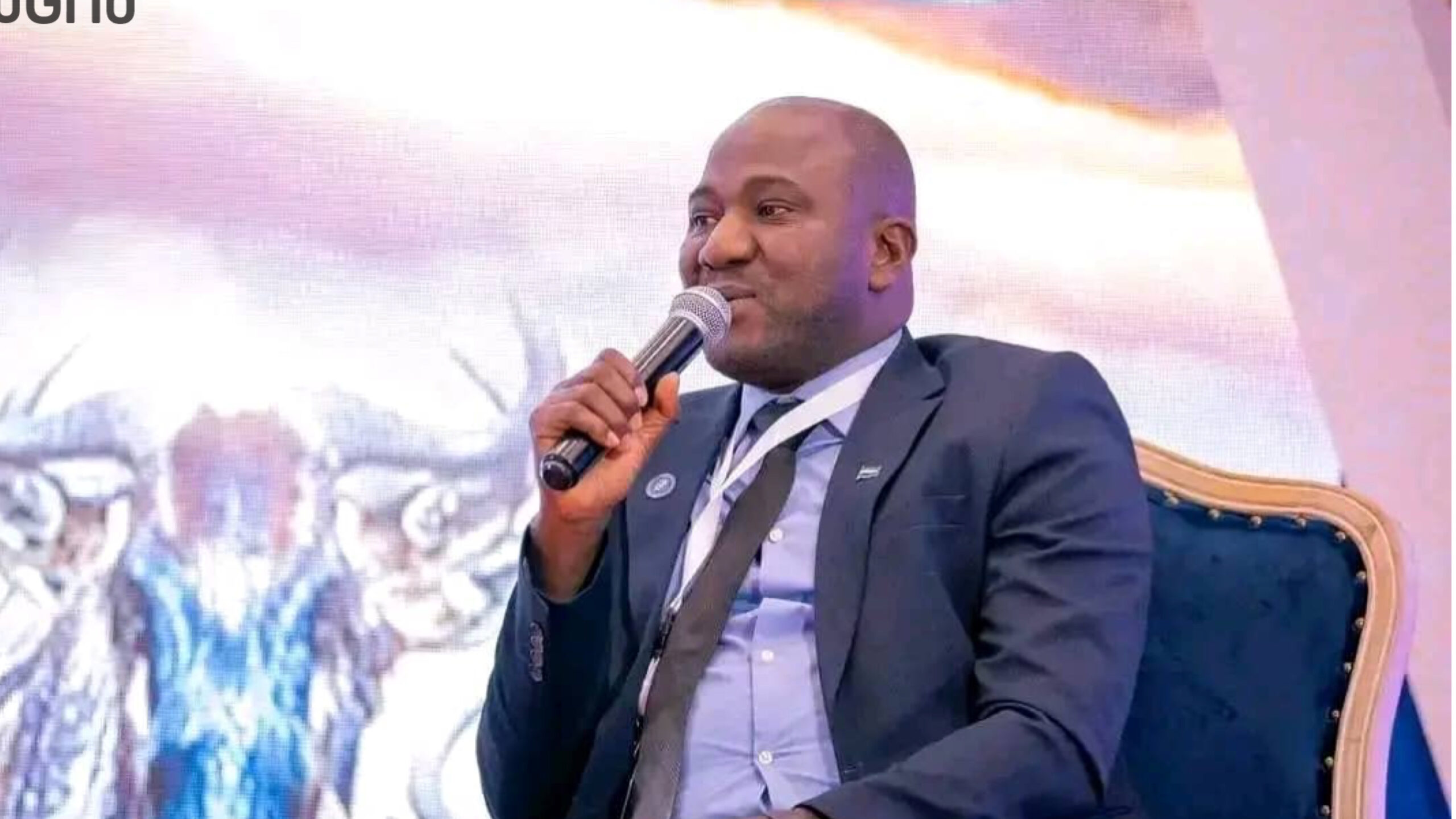
By Muctar Koroma
Only three large-scale mining companies in Sierra Leone have continued uninterrupted operations in 2020, despite the pandemic, according to President Bio’s New Year speech. By the end of 2020, according to the National Mineral Agency (NMA)’s online repository, industrial mining contributed $20 million USD, while artisanal mining license holders and dealers contributed $1.3 million USD in licenses and revenue.
That represents just 20% of the 15 large-scale mining operators in Sierra Leone who were active in 2020. Koidu Limited, Sierra Rutile/Iluka, and Sierra Mineral Holdings are the only industrial scale mining companies that managed to weather off the pandemic. But the shortage of mineral revenues started well before the COVID-19 outbreak, when President Bio’s administration cancelled two of the large-scale mining operators, Shandong Iron & Steel and SL Mining, in an effort to renegotiate the contracts and seek better terms for the people.
Those efforts have so far produced poor results. With Shandong completely cancelled, and SL Mining brought to a standstill, the iron ore exports, one of the significant contributors to the country’s economy, have stopped completely. Consequently, thousands of people who used to depend on mining for income have lost their jobs, and local economies continue to suffer.
“Sierra Leone’s iron ore has not been seen on the international market for a long time. Exports of 20 million metric tons (MT)/year in 2014 sank to less than 1 million MT in 2018,” said industry consultant Roskill, cited by S&P Global, a specialized financial magazine, in November 2020.
Government shut down of mine affected employment and the economy
In Lunsar alone, about 1,700 workers, representing 5% of the local population, lost their jobs when the government prohibited SL Mining from exporting iron ore, according to Reuters.
In his party manifesto, President Bio acknowledged that “direct and indirect employment in large-scale mines engage over 30,000 people, with an estimated 300,000 people (including dependents and extended families) deriving their livelihoods from these mines.”
Sarah Koroma, former local councillor and businessman in Tonkolili, said that closing mining activities affected employment, and everything else. “The mining companies were helping greatly in making sure the district’s economy moves.” Koroma called on the government to see reason and revive the mining activities because the survival of the people of Tonkolili depends on it.
Iron ore mines are at a standstill
According to World Banks’ Sierra Leone Economic Update report published in June 2020, (WB Economic Update), mineral exports went up by 138.9 million USD in 2019, due to a brief resumption in iron ore exports by SL Mining. Then-Minister of Mines, Foday Rado Yokie, celebrated the news: “Today is a historic day. As Marampa Blue is a very high-grade ore, and coming from Sierra Leone, it sends a good signal to the world that this Country is ready for business. It is a feather to Sierra Leone’s mining cap,” the Minister said on June 16, 2019.

The good news was short lived.
About two weeks later, on July 3, 2019, Minister Yokie suspended SL Mining’s license to force a contract renegotiation. Yokie described that the country had “suffered for far too long” from “not benefiting from the mineral wealth,” according to an article by the Financial Times.
In an exclusive interview on December 29, 2020, Edmond Abu, director of the Native Think Thank (NTT) advocating for economic rights and justice, described that former Minister Yokie’s decision was received with mixed feelings.
“There are some mining companies who are corporate gangsters. Some of these mining companies come over here to buy the mining concession and sale them in return. With proper monitoring from the government, it will help cut down on criminal mining activities in Sierra Leone” he said.
The downside was that Yokie’s decision negatively impacted the revenue generation and, by extension, the economy. The government’s behaviour sows doubt among foreign companies and potential investors, Abu said, and cited the Lunsar, Port Loko riots on April 30, 2020, as consequences of the lack of employment caused by the mining shutdown. The former Minister of Mines, he said, did not handle the issues properly, and urged the government to do business with credible companies and save the nation from the bickering with investors.
Former Mines Minister Foday Rado Yokie was fired and replaced by Minister Musa Timothy Kabba in July 2020.

Mineral revenues drop in 2020
Mineral revenues can greatly influence the economy. In 2018, officials at the Ministry of Finance were hopeful that “The positive and steady economic growth will come from […] the expected resumption of iron ore mining at the Marampa Mines in 2019 and at the Tonkolili Mines in 2021 as well as expected increased investments in diamond, rutile and gold mining activities,” according to the Fiscal Year 2019 budget speech.
But the resumption at Marampa never happened as predicted. Because of the blocked license, SL Mining filed a lawsuit in August 2019 with the International Chamber of Commerce (ICC) International Court of Arbitration emergency arbitration tribunal. On August 30, 2019 the Emergency Arbitrator issued an interim order to allow SL Mining to make several exports of iron ore. The government ignored the legal order and, according to official court documents published online, had failed on multiple occasions to submit timely documents and evidence to the judge.
We contacted SL Mining for this article, however, the company declined to comment on the record due to the ongoing legal process.
Mineral revenues dropped from 196.3 billion Leones collected between January and September 2019, to 172.7 billion Leones in the same period of 2020, a loss of 23.6 billion Leones (about 2.4 million USD), according to the Fiscal Year 2020 and 2021 budget speeches.

A document provided by the NMA in response to a Right to Access Information (RAI) request, claims that the mining industry contributed 445 billion Leones to the national revenue and the gross domestic product (GDP) in 2018 and went up to 582 billion Leones in 2019. The NMA declined to answer questions related to money that foreign mining companies owe to the government, and whether or not any of these companies are investigated for tax evasion.
15.3% currency depreciation in 2019
The ripple effect of disrupting the mining industry were felt outside of Lunsar and Tonkolili. In 2019, Sierra Leone’s currency depreciated against the US dollar by 15.3% “because demand for foreign exchange was heightened by lower-than-expected exports and donor inflows. “The situation was made worse by the uncertainty in the mining sector after the export licenses of SL Mining were cancelled,” the World Bank Economic Update stated.

Minerals account for more than 80% of exports, according to the US government’s 2020 Investment Climate Statement (ICS). When exports stop, influx of foreign currency also stops.
Due to critical lack of foreign currency, on December 23, 2020, the Bank of Sierra Leone lifted all restrictions on the amount of foreign currency that individuals and businesses may hold within Sierra Leone. Previously, in August 2019, the Bank had placed a prohibition on conducting business in foreign currency and made it illegal for private individuals and businesses to hold more than 10,000 USD worth of foreign currency within Sierra Leone.
Negative impact on foreign direct investment
“Lower than anticipated foreign direct investment (FDI), perhaps deterred by disagreements between the Government and some mining companies, could create more uncertainty. Lower FDI [foreign direct investment] inflows could also reduce financing of the current account deficit (CAD) and require a drawdown of reserves, thus adding pressure on the exchange rate. Further exchange rate depreciation could complicate the authorities’ disinflation and poverty reduction efforts,” the World Bank Economic Update stated.
The future for iron ore exports remains uncertain.
“Everything has been stopped. Iron ore from Sierra Leone is becoming increasingly less relevant to the international market,” said Erik Sardain, principal consultant, with Roskill, cited by S&P Global. “It’s too much struggle for producers who have invested time and effort and find they have no way of dealing with the Sierra Leone government.”
In his New Year address, President Bio stated that “Four more large-scale mining projects will soon start with Wongor Investment and Mining Corporation, Kingho Mining Company Limited, the Tongo-Tonguma Kimberlite Project operated by Sierra Diamonds Limited, and Meya Mining Limited.”

But Kingho, who was awarded Shandong’s mining license in January 2019, struggles to take off.
Kingho operates in Sierra Leone since 2014. In September 2020 it became the target of Sierra Leone Parliament’s Committee on Transparency and Accountability, on allegations that it had failed to start mining operations and fulfil an investment promise of $6.2 billion USD made in 2014 when it received four large scale mining licenses. Instead, Kingho relinquished one of those licenses and asked the government to waive penalties attached to an outstanding debt of $4.9 million USD, the Sierra Leone Telegraph reported.
The path to recovery
The World Bank Economic Update stated that speeding a quicker and more robust economic rebound in 2021–22 depends on “speedy resolution of disputes in the mining sector, strong public-private dialogue to address business bottlenecks; fast-tracked structural reforms in agriculture, energy, and business environment; and a better than expected global economic recovery, with increased demand for commodities, including iron ore.”



